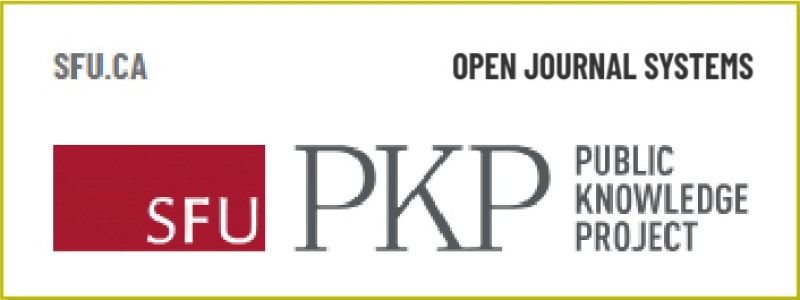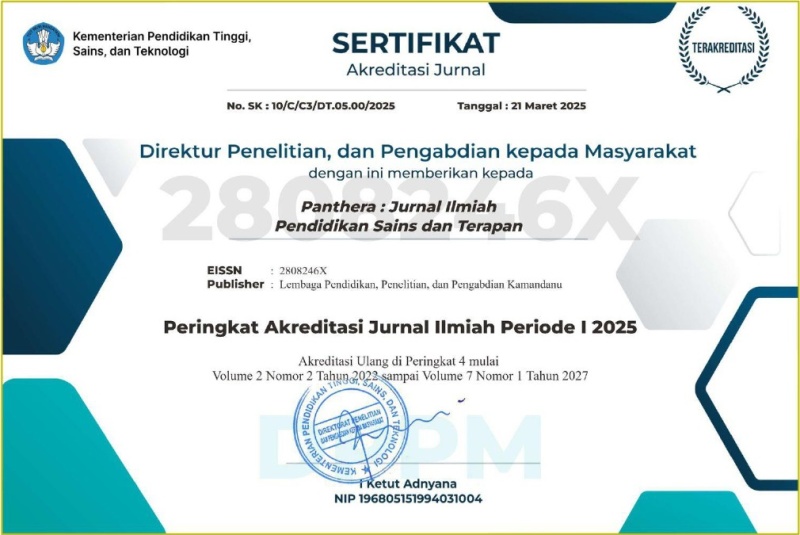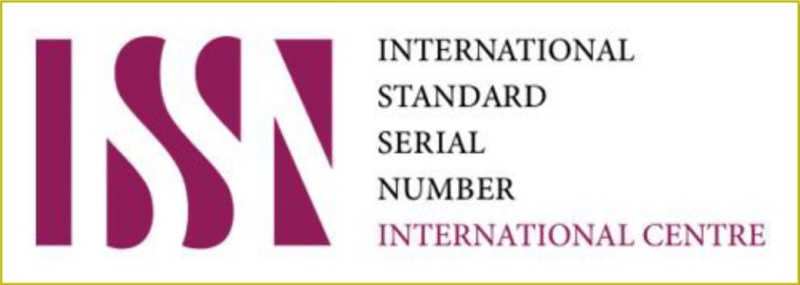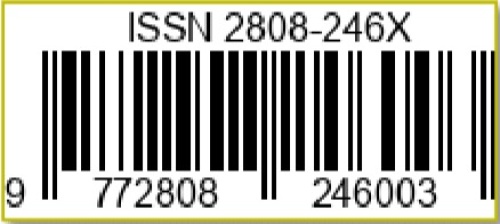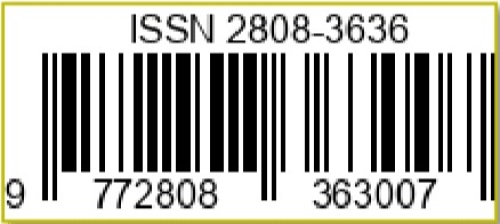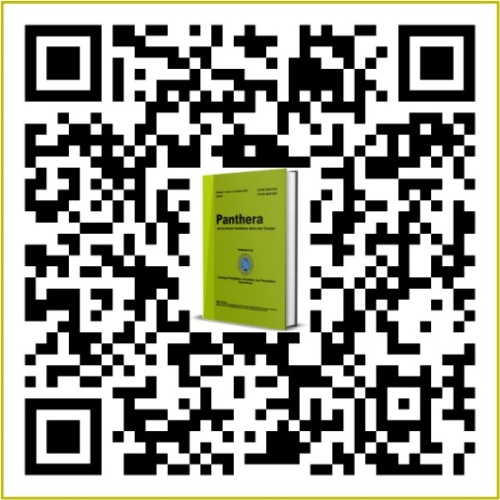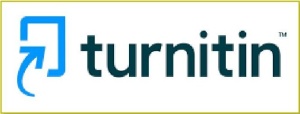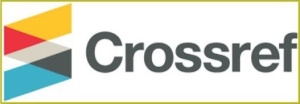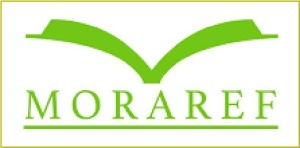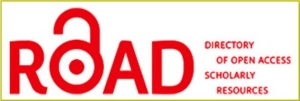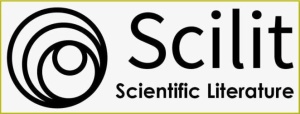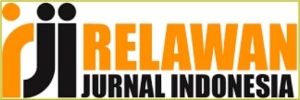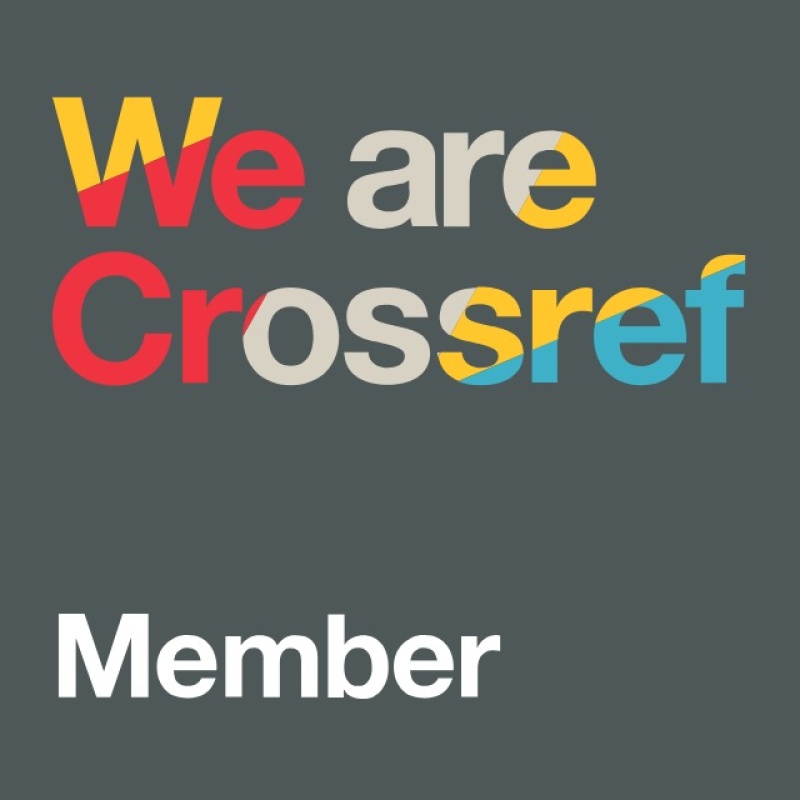Pengaruh Media Sosial terhadap Kemampuan Berbahasa Indonesia di Kalangan Generasi Muda
DOI:
https://doi.org/10.36312/panthera.v5i2.390Keywords:
Slang, Indonesian, Enhanced Spelling (EYD), Young Generation, Language Ability, Social MediaAbstract
Language plays an important role as a fundamental communication system in social interaction and the formation of cultural identity. This study examines the impact of social media on the Indonesian language skills of the younger generation. The rapid emergence of social media, especially among teenagers, has significantly changed the use of Indonesian. Direct observation was conducted to analyze writings on social media and compare them with the Enhanced Spelling (EYD) guidelines. Findings from direct observation showed that younger people tend to use slang, foreign terms, and abbreviations that do not always follow standard Indonesian language rules. However, social media also has a positive impact by introducing language variations and promoting Indonesian culture on the global stage. Therefore, it is very important for the younger generation to use social media responsibly, so that they can remain productive and love Indonesian. In the digital context, social media has become a new space that influences the way the younger generation uses Indonesian. This study aims to examine how the use of Indonesian by the younger generation is influenced by social media, especially in terms of conformity with standard language rules. The method used is a qualitative analysis of 150 posts from social media users aged 15-24 years on the Instagram and Twitter platforms, collected during the period January-March 2024. The data was analyzed by comparing the linguistic elements in the posts with the Enhanced Spelling (EYD) guidelines. The results of the study showed that 78% of the posts contained elements of non-standard language, such as the use of abbreviations ("bgt", "gak"), slang ("lo", "gue"), and foreign terms ("update", "cringe"). However, creative practices were also found in the use of language that reflected group identity and the promotion of local culture. These results indicate that social media has an ambivalent role: on the one hand, it shifts standard language norms, but on the other hand, it opens up space for new linguistic dynamics and expressions. Therefore, it is necessary to strengthen Indonesian language literacy that is adaptive to the development of digital media.
Downloads
References
Alfarisi, A. S. (2023). Dampak dan Pengaruh Bahasa di Media Sosial. Student Scientific Creativity Journal, 1(3), 93-96. https://doi.org/10.55606/sscj-amik.v1i3.1335
Aritonang, A. B., Lumbangaol, J., Nainggolan, S. U., & Azizah, N. (2025). Pentingnya Kesadaran Berbahasa: Upaya Meningkatkan Penggunaan Bahasa Indonesia yang Benar di Era Digital. Guruku: Jurnal Pendidikan dan Sosial Humaniora, 3(2), 01-13. https://doi.org/10.59061/guruku.v3i2.957
Bambang, S. E. M., Alfakihi, A., Heltien, D., Handayani, H., & Amelia, A. (2023). Analisis Pemanfaatan Media Sosial dalam Pembelajaran Bahasa Indonesia. Pena : Jurnal Pendidikan Bahasa dan Sastra, 12(2), 49-60. https://doi.org/10.22437/pena.v12i2.23577
Bangun, M. A., Nasution, M. F. A., Sinaga, N. R., Sastra, S. F. D., & Khairani, W. (2024). Analisis Pengaruh Media Sosial terhadap Perkembangan Bahasa Indonesia di Era Globalisasi. Jurnal Bahasa Daerah Indonesia, 1(3), 1-9. https://doi.org/10.47134/jbdi.v1i3.2646
Budiman, B. (2022). Pemanfaatan Media Sosial sebagai Media Pembelajaran Bahasa Indonesia. EUNOIA (Jurnal Pendidikan Bahasa Indonesia), 2(2), 149-156. https://doi.org/10.30821/eunoia.v2i2.2098
Fitria, Y., Safnowandi, S., & Fajri, S. R. (2022). Pengaruh Model Pembelajaran Inkuiri Terbimbing (Guided Inquiry) Berbasis Saintifik terhadap Kemampuan Berpikir Kritis Siswa. Biocaster : Jurnal Kajian Biologi, 2(3), 128-141. https://doi.org/10.36312/bjkb.v2i3.97
Mbukut, A. (2024). Media Sosial dan Orientasi Diri Generasi Muda Indonesia Ditinjau dari Pemikiran Yuval Noah Harari. Jurnal Filsafat Indonesia, 7(1), 1-10. https://doi.org/10.23887/jfi.v7i1.67571
Nasution, S. O., Sholikhah, S., Najwa, N., Sitorus, A.-Z., Pitriyani, R., & Syaputra, E. (2022). Implementasi Aplikasi Tik-Tok sebagai Media Pembelajaran Bahasa Indonesia. Jurnal Multidisiplin Dehasen (MUDE), 1(3), 259-264. https://doi.org/10.37676/mude.v1i3.2524
Sibuea, P., & Ananda, I. (2024). Pengaruh Sosial Media dalam Meningkatan Kemampuan Siswa dalam Membedakan Bahasa Baku dan Bahasa Tidak Baku Berdasarkan EYD. Jurnal Nakula : Pusat Ilmu Pendidikan, Bahasa dan Ilmu Sosial, 2(5), 70-78. https://doi.org/10.61132/nakula.v2i5.1007
Sihite, S., Tamba, I. N., Manik, V. L. B., Manurung, M., & Febriana, I. (2024). Pengaruh Media Sosial terhadap Penggunaan Bahasa Indonesia yang Baik dan Benar di Era Revolusi 4.0. Jurnal Penelitian Pendidikan Indonesia (JPPI), 1(4), 16-20. https://doi.org/10.62017/jppi.v1i4.1352
Sumadyo, B., Susanti, D. I., Prameswari, J. Y., & Martiarini, E. (2025). Banyak Jalan Menuju Cinta Bahasa: Upaya Meningkatkan Sikap Positif terhadap Bahasa Indonesia di Era Digital. In Prosiding Konferensi Berbahasa Indonesia Universitas Indraprasta PGRI (pp. 55-63). Jakarta, Indonesia: Universitas Indraprasta PGRI.
Downloads
Published
How to Cite
Issue
Section
License
Copyright (c) 2025 Andi Adilah Maharani Putri, Nela Erza, Rezki Ameliyah, & Abdul Haliq

This work is licensed under a Creative Commons Attribution-ShareAlike 4.0 International License.
-
Attribution — You must give appropriate credit, provide a link to the license, and indicate if changes were made. You may do so in any reasonable manner, but not in any way that suggests the licensor endorses you or your use.
-
ShareAlike — If you remix, transform, or build upon the material, you must distribute your contributions under the same license as the original.


